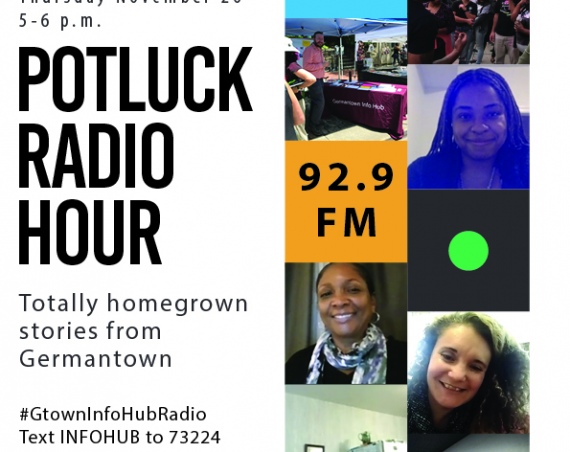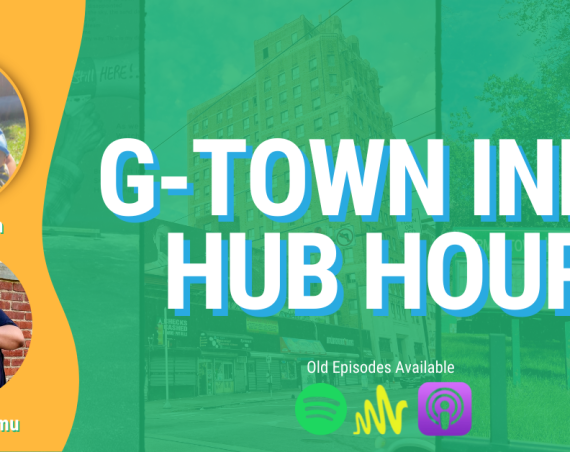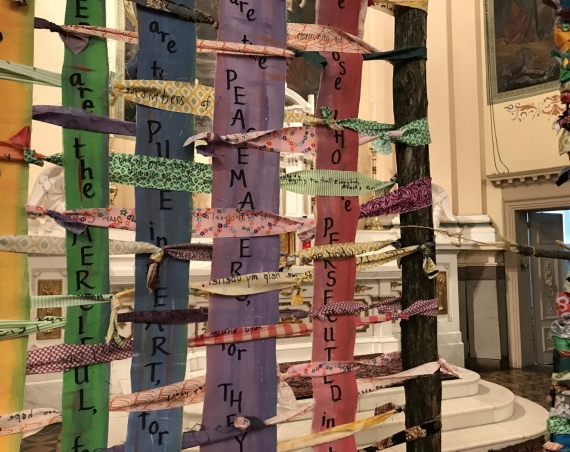
When George Floyd’s name was added to the long list of un-armed African-Americans killed by police, images of his death and of protests against police violence, flooded social media.
We spoke with Licensed Professional Counselor Cassandra Bolding about mental health during stressful and unpredictable times.
Nichole Currie: For communities of color that experience both generational trauma and the daily trauma of racist violence, what are some ways to cope with what is going on?
Cassandra Bolding: A big part of it is the acknowledgment of it. As Black and Brown people, that’s one of the things that we have difficulty with. Did that really happen? Is that how it was meant? And so, for many people, it’s very challenging. They dismiss it, or they suppress it or minimize it themselves. In terms of coping, what happens is that many people cope in maladaptive ways. You see an increase in alcohol consumption or use of other substances, an increase of people binge eating, or using other means, like gambling or sex or shopping, to cope. Feel the feelings. [That’s] what I’ve been encouraging many people to do, because these are things that they’ve felt that they had to suppress, or felt that they didn’t have the right or the cause to feel.
NC: Some people who do not have lived experiences of racial discrimination and injustice in America are trying to grasp what is going on. People want to connect, but are not sure what to do. How can people extend support to friends and allies without overstepping?
CB: From personal experience, there have been people, colleagues, and such, that have reached out and have just extended their concern for me in terms of my mental-emotional well being. They asked if I needed anything as far as resources or support for some of the other things that I’m involved in.
NC: Information is flooding social media, news outlets, and conversation. While people want to be informed, it can be overwhelming and triggering. How can they balance being informed citizens and their mental health?
CB: Giving yourself a time frame. Say okay, I’m gonna sit and review this for 10 minutes or 15 minutes. Have parameters around what you’re taking in and how much of it you’re taking in. I can check in with myself to see, ‘hey, am I ready to review this email and access this information?’ Then, do something very intentional to take care of yourself. So it’s reviewing what’s happening with the protests or reading information that’s associated with it, and being able to say, ‘okay, well how am I going to take care of myself after.’
NC: Self-reflection is a topic for groups that are acknowledging their privilege, be it education, race, class, wealth, etc. What are healthy ways to reflect on privilege without disturbing mental health?
CB: It’s a matter of acknowledgement and not being critical. You know the roles that people who have that privilege have played to further oppress people. I think that’s the challenge for them, being able to navigate that. Being able to acknowledge where they have privilege and being able to acknowledge ways that they can make modifications to how they move about the world with that privilege.
I can speak as a black woman who is educated and who has her own business. There’s a certain level of privilege that goes with that, right? Being able to acknowledge that and understand there are certain experiences that people who don’t have the same level of privilege who are black, experience in the same way.
NC: How can you explain to youth what is going on?
Bolding: I’m sure as most parents do, I gave my [my kids] the information, you know. I gave them books and resources and directed them in terms of where to go to educate themselves and obtain information relevant to them being Black in America, and what [that means].
One of the hardest conversations I’ve had to have, hands down, was after the Trayvon Martin verdict with my daughter, her best friend, my son and his friend, because they watched and they watched with me. And, you know, they watched evidence, we discussed it, I gave him space to process what they were feeling; their anger, sadness, fear, confusion. And you know, they had a safe space to be able to do that.



